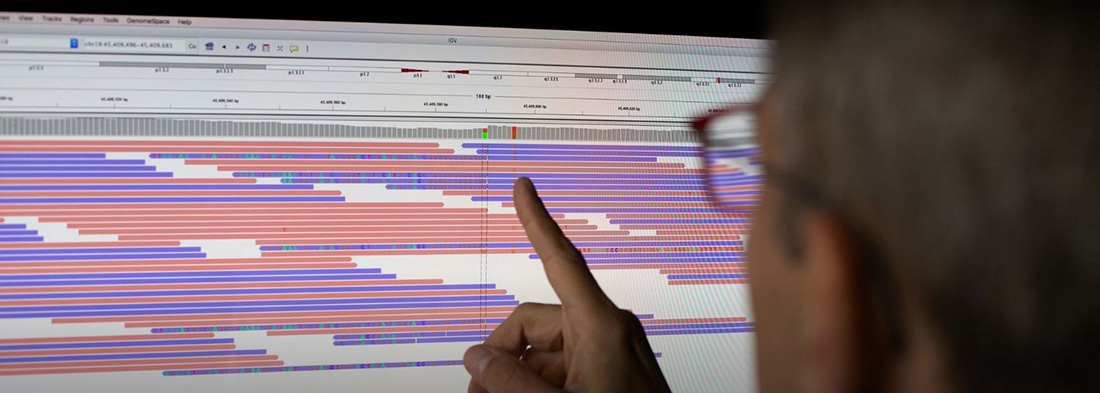
07 Oct Doctors limit what to tell patients about their DNA test. Should they?
Genetic scans provide lots of information, but only a fraction is returned to patients; ‘We don’t want to frighten people’
By Melanie Evans and Anna Wilde Mathews, The Wall Street Journal
The Mayo Clinic is scanning 20,000 genes for thousands of patients to study genes’ role in disease. It will hand over results for just 59.
Mayo will look for certain disease-causing gene variants for heart disease or breast cancer, and offer results to patients who have them. But it doesn’t look at variants for early-onset Alzheimer’s or Lou Gehrig’s disease, meaning patients will remain in the dark.
“There is a risk of causing undue anxiety,” said Dr. Keith Stewart, director of the Mayo Clinic’s Center for Individualized Medicine.
DNA sequencing is creating vast amounts of data that promise to unlock the secrets of disease. But the information is being collected faster than the medical world can interpret what it all means. That is raising a question for doctors and scientists who perform the scans: How much should they tell patients?
The answer, often, is not much. Many clinics and studies will return only a few dozen results that researchers have deemed “medically actionable”—meaning they reveal genetic causes for conditions that can be treated.
Doctors often don’t analyze and return other results because the risk of a trait isn’t well-understood or because there is no treatment. Not everyone with disease-causing variants will end up with a related condition, because of other genetic and environmental factors. The risk may be low for some. Read more …



